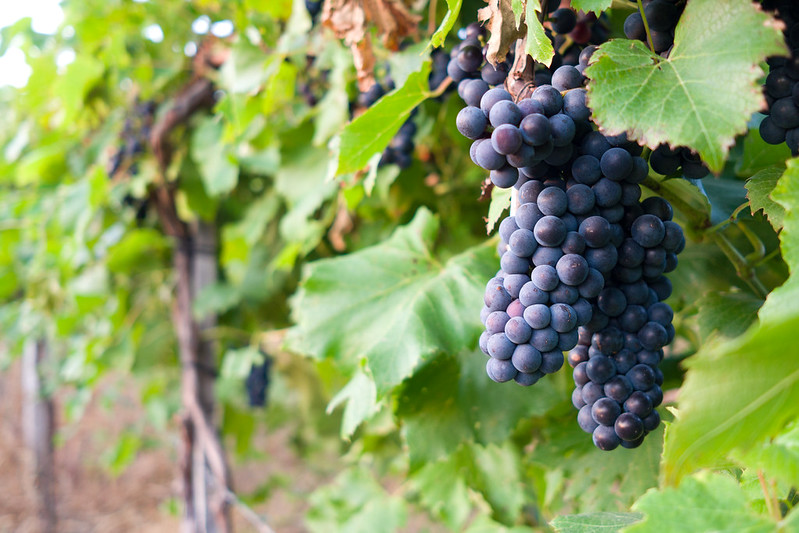Florida Farm Wineries: Operating in All Three Tiers

Florida’s Three Tier System is a source of constant frustration for most of Florida’s alcoholic beverage and manufacturers. Brewers, distilleries, and (most) wineries are prohibited from distributing their own products to retail vendors. Florida breweries and distilleries are prohibited from selling their products to online customers. Florida distilleries can have gift shops, but they are prohibited from selling beverages to customers for consumption on premises.
Unlike other alcoholic beverage industry members, Florida Farm Wineries are allowed to operate in all three tiers.
Florida Farm Wineries Can Do It All
Florida Farm Wineries are uniquely allowed to hold a Florida manufacturing license and a distribution license. Florida Statutes Section 561.24 generally prohibits distilleries and wineries from being licensed as a distributor in Florida. However, the statute specifically provides: “This section does not apply to any winery qualifying as a certified Florida Farm Winery under s. 599.004.”
Florida Farm Wineries, like all wineries in Florida, are authorized to have up to three retail license for tasting rooms that are contiguous to the manufacturing premises. Tasting rooms can make sales of alcoholic beverages (beer, wine, and distilled spirits) for consumption on premises and/or carryout, depending on the vendor license.
Whether or not it has a licensed tasting room, a Florida Farm Winery may be issued a permit allowing it to conduct tasting and sales of its wine at Florida fairs, trade shows, expositions, and festivals.
Florida Farm Wineries, like all wineries in Florida, may also make online sales and ship their products to retail customers in Washington D.C. and 47 other states. See How to Build a Direct-to-Consumer Florida Beverage Company.
Requirements to be a Florida Farm Winery
To qualify under the Florida Farm Winery Program, a winery must meet certain requirements:
- Produce or sell less than 250,000 gallons of wine annually, 60% or more of which is made from state agricultural products;
- Maintain at least 5 acres of owned or managed land in Florida which produces the grapes or other product used in producing wine;
- Be open to the public for tours, tastings, and sales at least 30 hours each week; and
- File the annual application and pay the annual registration fee of $100.
The Florida Farm Winery Program is not only available to wineries making grape wine. The program is equally available to cideries, meadaries, and makers of wine from fresh fruit, berries, or other agricultural products. In each case, however, at least 60% of the wine must come from Florida agricultural products.
Florida wineries that meet the requirements of the Florida Farm Winery Program must apply for certification by the Florida Department of Agriculture and Consumer Services.
Do you have questions about operating as a Florida Farm Winery? Contact us at contact@brewerlong.com to schedule a consultation with a beverage attorney.
Because we’re attorneys: This blog post is provided on an “as is” and “as available” basis as of the date of publication. We disclaim any duty to update or correct any information contained in this blog post, including errors, even if we are notified about them. To the fullest extent permitted by law, we disclaim all representations or warranties of any kind, express or implied with respect to the information contained in this blog post, including, but not limited to, warranties of merchantability, fitness for a particular purpose, title, non-infringement, accuracy, completeness, and timeliness. We will not be liable for damages of any kind arising from or in connection with your use of or reliance on this blog post, including, but not limited to, direct, indirect, incidental, consequential, and punitive damages. You agree to use this blog post at your own risk. Regarding your particular circumstances, we recommend that you consult your own legal counsel–hopefully BrewerLong.

